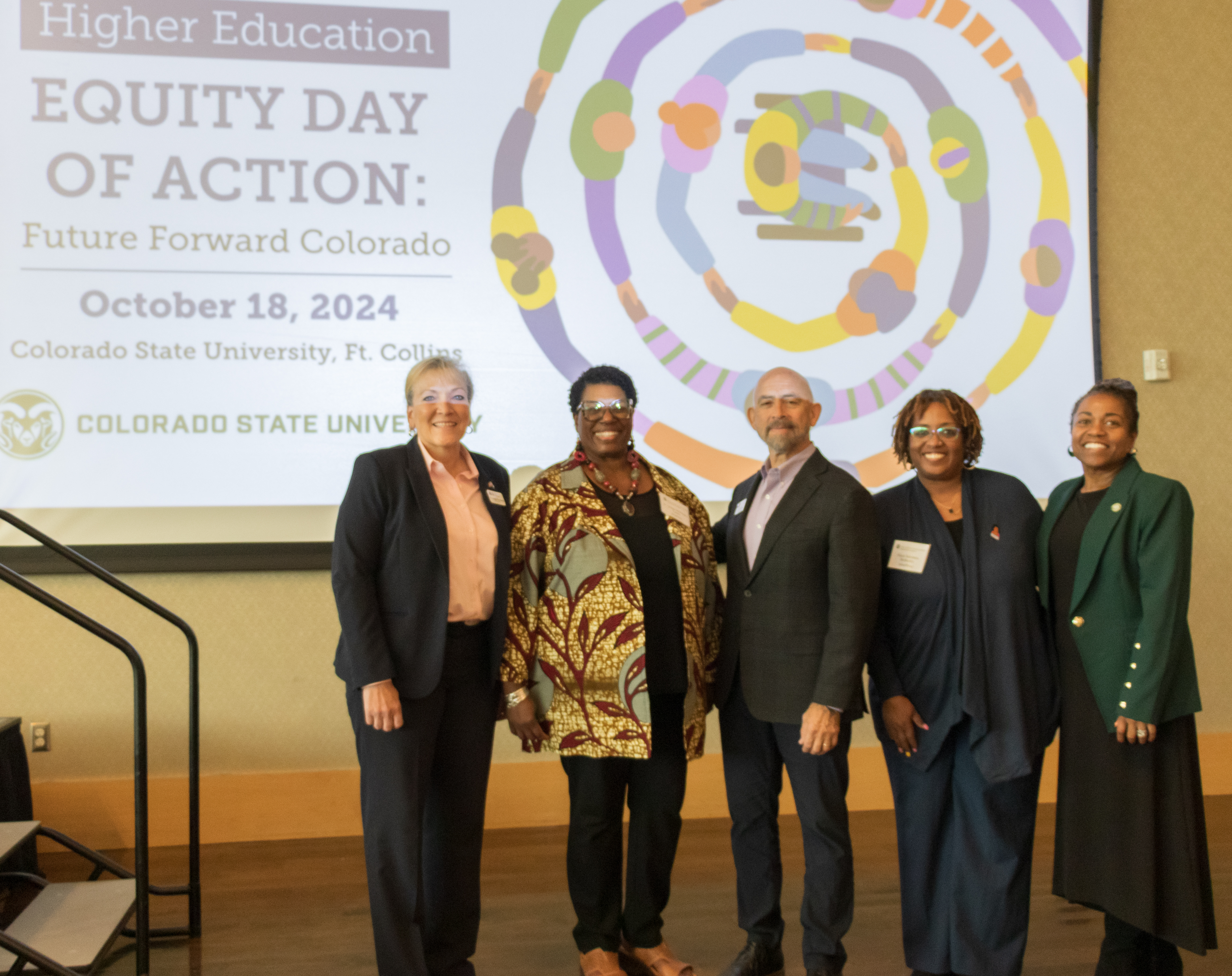Whether it’s with businesses or four-year universities, innovative partnerships are broadening opportunities for students across the Colorado Community College System (CCCS).
Take Luke Allevato, a 19-year-old Arapahoe Community College graduate who was recently featured by CBS 4. When the pandemic hit, he decided to study secure software development through the college’s Sturm Collaboration Campus just a few miles from his home. Although Allevato knew he would save money on tuition, he didn’t anticipate the opportunities his community college education would afford.
“I kind of have to keep myself calm,” said Allevato, who just started as a programmer with Lockheed Martin. “It’s a cool position that I never thought I would have—especially not at [age] 19.”
Allevato is just one of thousands of CCCS students benefitting from higher education and industry partnerships. The Strum campus, for example, brings together Douglas County School District, ACC, and Colorado State University to help students get a head start on college and earn certificates or degrees in top industries.
Students in the campus’ software program are taught by industry experts and bring real world skills to companies, said ACC professor Nina Amey. The program has been so successful that Lockheed Martin has already hired 150 associate degree graduates this year, CBS 4 reported.
CCCS a partner of choice for healthcare companies
It’s not just cybersecurity: other industries are looking to partner with CCCS to fill staffing shortages. CCCS has longstanding relationships with Kaiser Permanente, Centura Health, and other hospitals to train people in entry-level healthcare positions.
I never had the opportunity to go to college, so I was excited to embrace the challenge of learning something new.
Karen Zareck, a Kaiser Permanente employee, had worked with the company for years in accounting and medical transcription before landing in the pharmacy department. When the chance to become a pharmacy technician apprentice with Front Range Community College opened, she applied immediately.
“I never had the opportunity to go to college, so I was excited to embrace the challenge of learning something new,” said Zareck, who floats among Kaiser clinics across Colorado. “It was difficult at first, as I had not been in school more than 35 years.”
The program is comprehensive, teaching everything from the science of drugs to the laws that govern pharmacy workers, Zareck said. Going forward, she hopes to hone her skillset as a technician and learn Spanish to better support Latinx and Hispanic patients that visit her clinics.
“Being an apprentice is a great opportunity to go to school and learn on the job, “she said. “It gives a person a better skillset.”
New workforce partnerships on the horizon
More Coloradans like Zareck can get their start in healthcare thanks to new legislation signed by Governor Jared Polis. Senate Bill 22-226 sets aside $26 million to cover tuition, fees, and course materials for short-term healthcare training programs offered through CCCS colleges. Legislators hope the program, called Care Forward Colorado, will give a much-needed boost to Colorado’s depleted healthcare workforce when it launches later this year.
In the coming months, CCCS also plans to launch and expand short-term training programs in information technology and energy—two of the fastest growing sectors in Colorado’s economy. CCCS experts are codesigning the programs with industry leaders to ensure students are equipped with the right skills to land high-paying jobs upon graduation.
While partnerships offer obvious benefits to colleges and companies, the real winners are the students, Zareck said.
“Continuing your education is hard work, but stick with it and don’t get discouraged.”


